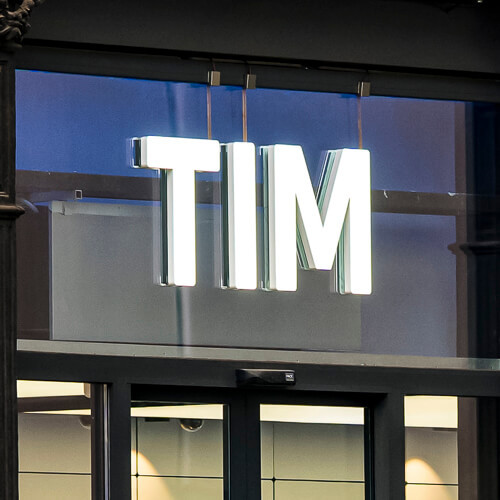Telecom Italia faces strike amid boardroom disunity
SLC-Cgil union says strike at TIM 'could be called within 10 days.'

Telecom Italia (TIM) appears to be in permanent fire-fighting mode these days. The Italian incumbent operator has just lost its CEO (again), is grappling with disgruntled shareholders such as the French Vivendi group (again), and has to decide whether or not it wants to be taken over by US-based investors KKR.
Now, its employees are now threatening to go on strike – largely because of all the above-mentioned developments and the impact the situation may have on TIM's 42,500 workers in Italy.
There is growing alarm at the SLC-Cgil union, which has been calling for urgent meetings with government ministers in recent weeks.
Figure 1:  Chain reaction: Unrest is not confined to the TIM boardroom – the SLC-Cgil union says a strike "could be called within 10 days."
Chain reaction: Unrest is not confined to the TIM boardroom – the SLC-Cgil union says a strike "could be called within 10 days."
(Source: Arcansel / Alamy Stock Photo)
At the end of November, the union issued a press release stating that there are no particular prejudices with regard to KKR; it just wants to be involved in decisions and ensure that employment is guaranteed and that strategic and company assets are safeguarded.
According to Reuters, union representatives have told TIM they will not accept any reorganization that puts jobs at risk.
"We want to be involved in any decision concerning an overhaul of the group," Riccardo Saccone of the SLC-Cgil union told the news agency, adding that a strike at TIM could be called within ten days.
Meanwhile, TIM appears to be employing tactics akin to sticking its fingers in its ears and singing very loudly. The operator has just published its 2021 Climate Survey of TIM group employees, claiming that "In the last three years work satisfaction has increased by 20 percentage points."
Crisis management
Last week, TIM lost its fourth chief executive in six years when Luigi Gubitosi resigned as CEO and general manager of the Italian operator.
Gubitosi has been engulfed in an increasingly acrimonious boardroom dispute over the future strategy of TIM, particularly in relation to the contentious plan to create a single fiber network in Italy.
French media giant Vivendi, which holds a 24% stake in TIM, had questioned the role of Gubitosi following two profit warnings in three months. Indeed, Vivendi has reportedly been unhappy with TIM's recent performance and that of Gubitosi.
Pietro Labriola, the CEO of TIM Brazil, has been appointed general manager of TIM Group in order to ensure continuity.
Want to know more? Sign up to get our dedicated newsletters direct to
your inbox
TIM also just revealed that Luciano Sale, director of human resources, organization and real estate, has reached a mutual agreement to leave the group with immediate effect. He has been replaced for now by Giovanna Bellezza, currently head of human resources, business partner and labour cost planning at TIM.
Amid all the turmoil, TIM is valiantly pressing ahead with some of its business plans, announcing a further endorsement of the co-investment offer for the FiberCop fiber vehicle by AfinnaOne.
AfinnaOne has agreed to use the secondary access network to connect FiberCop homes according to the "access to the optical cabinet" model, based on the purchase of dedicated fiber infrastructure equipment on an IRU basis for 20 years.
AffinaOne's participation in the FiberCop investment program follows that of other operators including Connectivia, Fastweb and Iliad. (See Iliad Italia's fixed ambitions take shape with FiberCop deal and FiberCop is go after KKR and Fastweb firm up stakes.)
Related posts:
— Anne Morris, contributing editor, special to Light Reading
Read more about:
EuropeAbout the Author(s)
You May Also Like












